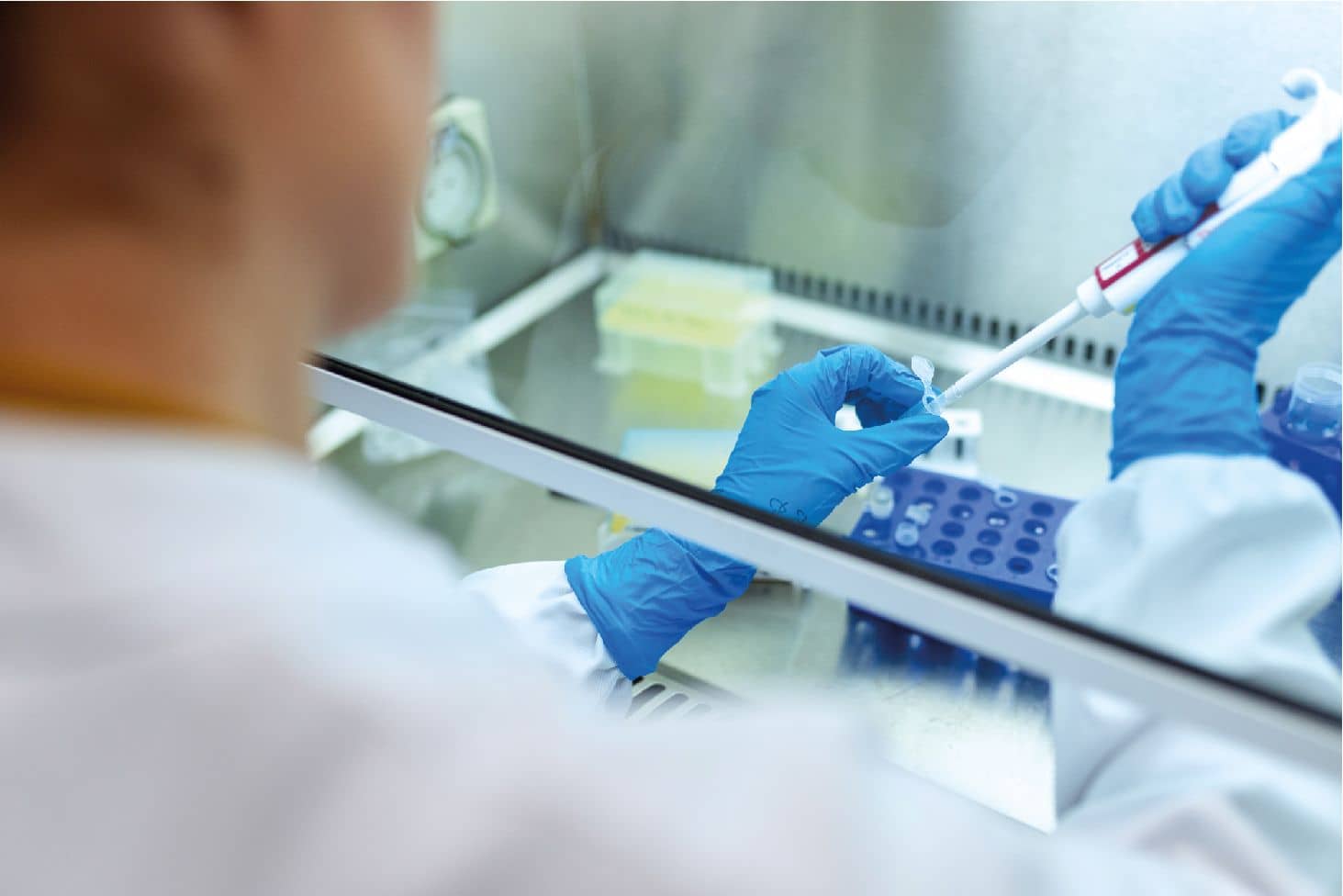How accurate are COVID-19 Antibody tests?
A report, authored by the Scientific Advisory Panel in the UK, has revealed that the ELISA testing method offered by Your Sexual Health is 100% accurate at establishing whether someone has had COVID-19 from 10 days after the onset of symptoms. The report also outlined a stunningly low level of accuracy from the range of cheap instant antibody test kits that have flooded the market in recent weeks. Instant tests were only 55-70% accurate.
What did the report say?
The report used a sample of 40 patients who had tested positive for COVID-19 through PCR testing and a control group of 50 blood samples that predated the pandemic. PCR testing is the most accurate method of testing for people with a current infection of coronavirus, whilst the control group would highlight any false positive results.
The study then tested the samples using instant antibody test kits, also known as lateral flow immunoassay (LFIA) devices, and using the ELISA (Enzyme-linked immunosorbent assay) laboratory testing method that is used by Your Sexual Health.
You can read the report for yourself here, but the key takeaways are included below for you to digest.
ELISA Tests are highly accurate
ELISA IgG antibody tests, such as those offered by Your Sexual Health, were found to be 100% accurate in patients who had tested positive for COVID-19 when they carried out the antibody test 10 days after symptom onset.
ELISA Tests were effective against a control group
The ELISA COVID-19 Antibody test showed 100% specificity, which means it didn’t show positive results for anyone who hadn’t been affected by COVID-19 in the control group. This could be particularly encouraging if it is established that antibodies are an effective measure of immunity. If this is the case, it could be used to say if someone has had COVID-19 already and is therefore safe to return to normal life.
Instant tests were shown to offer just 55-75% accuracy
The sensitivity of a test is the measure of whether it is accurate in the COVID-19 positive control group. According to the report, the instant antibody tests showed between 55-70% sensitivity. This means that many people who had the virus did not test positive using the devices. Although the tests didn’t offer high sensitivity, they were slightly more accurate for specificity, scoring 95%.
The ELISA method was accurate for longer
The titre reading is the quantitative measure of antibodies in a person’s blood. The COVID-19 antibodies are said to increase during the first three weeks following infection, before decreasing after 8 weeks. Despite the antibody levels diminishing after 8 weeks, the ELISA testing method continued to be accurate.
What did the study conclude?
The study showed that the ELISA testing method was an accurate way to say if someone has had COVID-19. If it is established that the presence of antibodies is a definitive measure of immunity this would be a good test to help people return to normal life.
Unfortunately the instant tests would not offer the same benefit at this stage. Unless the quality of these improved they would only realistically be useful for non-clinical means, such as estimating what percentage of the population has been infected retrospectively in studies.
What Your Sexual Health say
Dr Rashid Bani is the Medical Director for Your Sexual Health and is a practising GP. He has reviewed many COVID-19 tests, including Inaccurate antibody tests, to ensure the quality of tests offered by Your Sexual Health.
He said: “The findings on the report outline that instant tests can not be used to establish immunity. At Your Sexual Health, we knew this already following consultations with Public Health England and this is why we are offering the COVID-19 Antibody Test by ELISA as a safe and suitable alternative.”
“Our ELISA tests are carried out in a UKAS accredited laboratory and can accurately say whether or not a person has had COVID-19. At present this is the only coronavirus antibody test that is safe and accurate.”

What is the difference between an instant COVID-19 test and ELISA Method?
Apart from the accuracy, there are a number of key differences between the instant COVID-19 antibody tests and the UK laboratory ELISA tests offered by Your Sexual Health.
The ELISA test is carried out in a laboratory and has been found to offer 100% accuracy for anyone testing 10 days following the onset of symptoms. It requires a blood sample which is tested on laboratory apparatus to identify the specific antibodies that are created by your body to combat COVID-19. The turnaround time will usually be a matter of days. These tests can use either blood drawn by a phlebotomist or blood from a finger prick sample taken at a person home. These tests can also establish the levels of antibodies, known as a titre reading.
The lateral flow immunoassays, often known as instant antibody tests, are a one time use medical device that mixes a finger prick blood sample with a chemical reagent to identify whether someone has had COVID-19. They will show a simple mark if someone tests positive on the device, similar to a pregnancy test. The tests don’t establish titre readings and give a simple yes/no answer. They must be carried out by a trained medical professional to have any chance of working at all.
What tests are available from Your Sexual Health?
Your Sexual Health currently offers two types of COVID-19 test, including the ELISA antibody test discussed in the report and PCR testing which can diagnose a current infection using a throat and nose swab. Both tests are carried out in UKAS accredited laboratories and are approved by Public Health England as safe to use. The PCR test is a home test only, whilst the antibody test can be offered as a clinic test or a home swab test.
